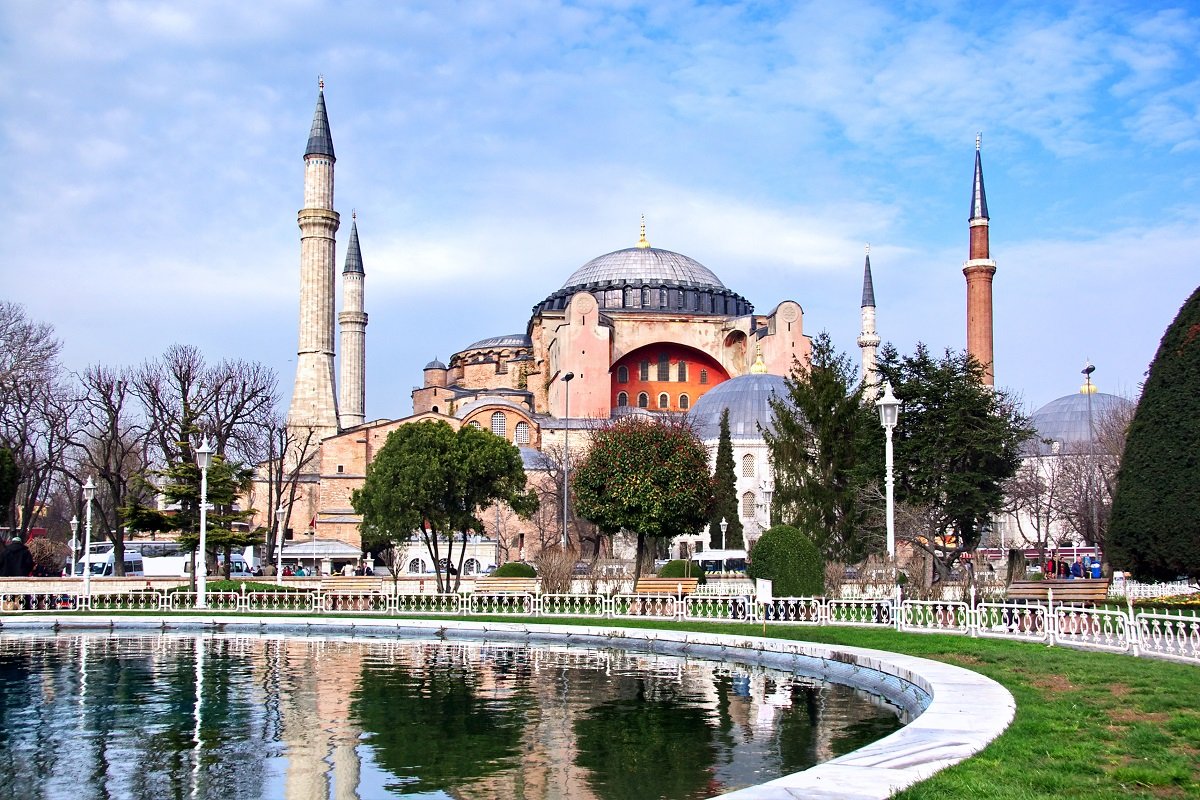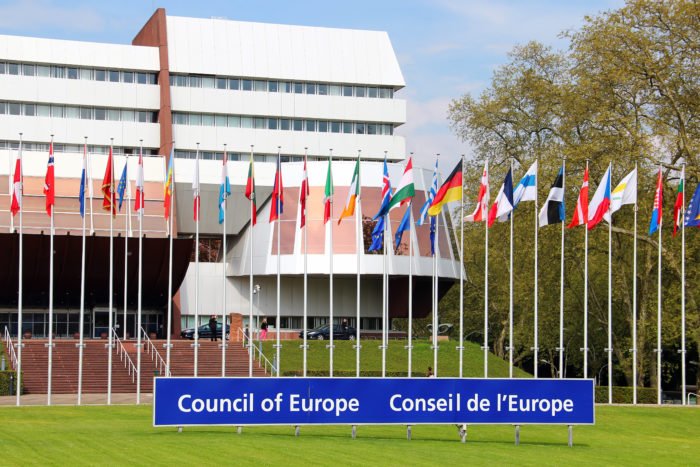The change of the status of Hagia Sophia in Istanbul from a museum to a mosque in July indicates Turkey’s disregard of cultural and religious values, the Parliamentary Assembly of the Council of Europe’s (PACE) Committee on Culture, Science, Education and Media said in a written statement on Friday.
The statement said the monument was a symbol of coexistence and dialogue between cultures and transcended individual religions. It added that changing the status of the monument from a museum to a mosque was a violation of its historical significance and was unacceptable.
Yet the statement was later removed from PACE’s website, raising suspicions that the committee had to rescind it due to pressure from Turkish officials.
President Recep Tayyip Erdoğan restored the status of mosque to İstanbul’s Hagia Sophia with a presidential decree on July 13, following a top administrative court ruling.
Turkey’s Council of State announced it had annulled a 1934 government decree turning Hagia Sophia into a museum, ruling it was unlawful, paving the way for the building’s conversion back into a mosque despite international warnings against such a move.
Erdoğan had proposed restoring the status of mosque to the sixth-century UNESCO World Heritage Site, a focal point of both the Christian Byzantine and Muslim Ottoman empires and now one of the most visited monuments in Turkey.
The statement criticized the Turkish government’s decision, claiming that it undermined Turkey’s secular identity and multicultural legacy. It said the decision conflicts with the council’s core values and principles concerning interreligious and intercultural dialogue.
The statement also described the change of status as a blow to peaceful life in a diverse society, where the government’s first duty was to “protect human rights for all, the rule of law and guaranteeing religious freedom.”
In an opinion piece Heghnar Zeitlian Watenpaugh from the Berkley Center for Religion, Peace & World Affairs said the change in status took place without any consultation with officials and stakeholders in Turkey. “Dissident voices were silenced under threat of being branded traitors. There was no international consultation either.”
She pointed out that since the Hagia Sophia was on the UNESCO World Heritage List, Turkish authorities were obligated to give UNESCO prior notice of any change to its status. However, UNESCO was not informed or consulted in the process.

















